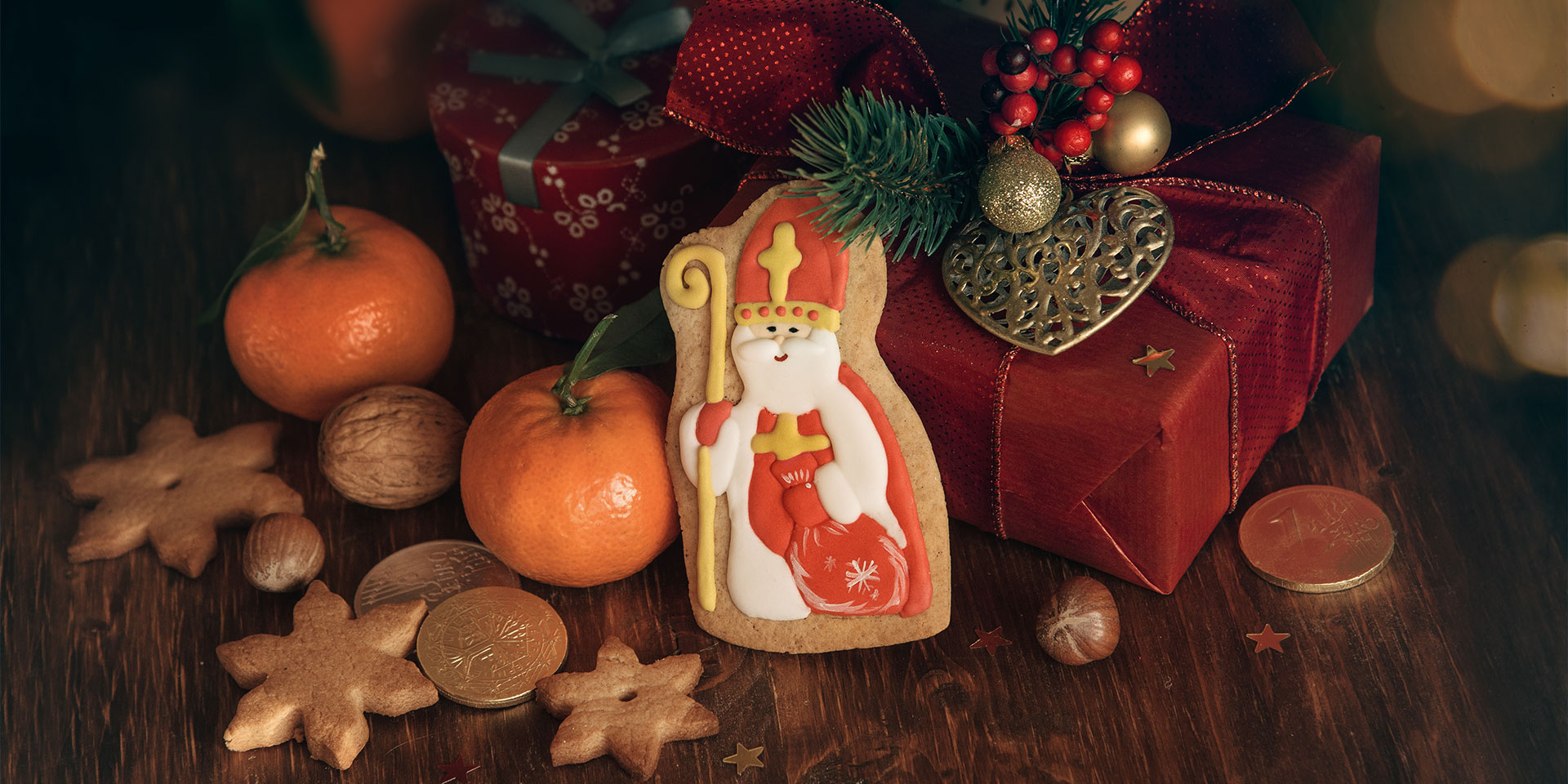In writing this article, I asked a handful of people what the worst thing they had ever received for Christmas was. The answers I received were interesting, to say the least.
An unwanted pet. Mothballs. A mini golf mat for the bathroom. Expired chocolates. A box of hotel shampoos and soaps. Then there were the classics: underwear, calendars, socks, and the list went on. The gifts stood out to these individuals because, for the most part, they weren’t thoughtful or didn’t hold any significance. Or in the words of the man who received a packet of blank postcards, “What am I going to do with this?”
For many, gift-giving around Christmas has become an obligation, hence the high chance of receiving things we neither want nor care for each year. Though we might long to find the perfect gifts for our friends and family, many of us don’t give the time or attention required for that to be the case.
We know we give gifts because it shows we love people. However, that sentiment can easily go amiss if the item holds little significance. Gifts symbolise attention to the details of one’s life. Yet how many have you received that you are thankful for? How many have you held onto? Danny Silk, author of the book Keep Your Love On, says, “The thought behind the gift is valued far more than the cost, because that’s what makes the gift a symbol of devotion.”
Throughout history, gifts have been given for all sorts of reasons: to show respect, to win affection, as a sign of worship, to promote marital bonds, to get something in return or to reward good behaviour. In the Bible, the wise men brought frankincense, myrrh and gold to baby Jesus. During that period, it was a common custom to give gifts as a sign of respect to royalty or one who was destined to be a ruler. Nowadays, the icon of gifts is none other than Santa.
Most children could tell you about this chubby, white-bearded man who embarks on a journey from the North Pole to deliver gifts to well-behaved children every year. But the life of this man and his inspiration is far more impressive than the fairy tale passed down and offers some insight into how we can give more thoughtfully.
Nicholas of Myra
The modern Santa was born in Myra in Asia Minor, now known as Demre, Turkey, around 280 AD. His name was Nicholas. Though there are obviously no photographs left behind of him, the earliest and most accurate reports we have of his appearance note little else but his plain attire and broken nose.
Nicholas was born to wealthy parents who raised him as a devout Christian. His parents died when he was a young boy, leaving him with a lot of money. Rather than spend or keep it, Nicholas heeded Jesus’ words to “give to the poor” (Luke 12:33) and “care for orphans and widows in their distress” (James 1:27).
From a young age, Nicholas used his inheritance to meet the needs of the poor, the sick and the suffering. He became known for his generosity in helping people and secretly giving gifts, especially to children and sailors. As well as that, the doors of his house were always open and he encouraged people to come in if they needed a place to feel safe, a meal to eat or a friend to give company.
Though we don’t see this in Santa, Nicholas also had a reputation for being strong and fiery. He lived when the Roman Emperor Diocletian persecuted Christians, but Nicholas didn’t shy away. He fought for church doctrines and tried to stop Bibles from being burnt. As a result, he spent years in prison, where he continued to give away his food and encourage those alongside him in the cells.
A gift-giver unmasked
The most well-known story of Saint Nicholas’ good deeds is of a man who was so poor he couldn’t afford dowries for his three daughters. In those days, a dowry was a sum of money, or a valuable possession offered to the prospective husband by the bride’s parents. Without a dowry, the women were unlikely to marry and their lives would become extremely difficult—slavery or prostitution likely becoming their outcome. Saint Nicholas heard of the family and secretly delivered three bags of gold on different occasions.
After the second bag was delivered, the father was desperate to find out who was being so generous. So he stayed awake every night until he caught Saint Nicholas tossing the third bag through an open window. The bag landed next to the fire where a stocking had been hung to dry. Saint Nicholas did not like his deeds to receive attention, so he begged the man not to tell anyone what he had done. But the man was so excited that he went out and spread the word.
Many stories and legends were recorded about Saint Nicholas. Stories where he saved people from starvation, helped those who had been wronged, looked after orphans and encouraged other Christians. Gerry Bowler, historian and author of Santa Claus: A Biography, noted he became known as “The Magical Gift Bringer.”
Saint Nick’s legacy
Though we can admire the Santa of today for his jovial demeanour and deep potbelly laugh, he represents a shadow of the legacy Saint Nicholas lived out. Saint Nicholas strived to follow Jesus’ example, who, as author and Bible commentator, Ellen White wrote, “mingled with people as one who desired their good . . . showed sympathy for them, ministered to their needs, and won their confidence.”
My hope is that you are already seeking ways to help the poor and those not so close to home—and if not, maybe Saint Nicholas’ life will inspire you. But even when considering our friends and family, we can learn from his example to give more thoughtfully and be attentive to what’s missing in people’s lives.
One way to do this is by considering individuals’ love languages. Author Gary Chapman says that learning other people’s love languages allows us to focus on their needs rather than our own. “Different people with different personalities give and receive love in different ways,” he said. The five love languages are: quality time, words of affirmation, gifts, physical touch and acts of service.
Rather than items that catch our attention because they’re shiny or have been cleverly marketed, we can give gifts that demonstrate our level of care for someone. This could include giving an experience, writing a letter of appreciation, making a personal gift, a night away or giving a service like ready-made meals or a babysitter.
This Christmas, look for how you can follow Saint Nicholas’ lead, whether to a stranger or someone you love. Give gifts that demonstrate to someone, “I get you”, “I see you”, “I love you.”
Saint Nicholas didn’t give gifts to show off his wealth, win favour or because it was a cultural norm. His gifts weren’t dependent on how good someone had or hadn’t been. He gave gifts that met people’s needs and, as a result, brought people the utmost joy and made them feel deeply cared for—and that’s why they called him The Magical Gift Bringer.
Zanita Fletcher is an assistant editor for Signs of the Times Australia/New Zealand. She writes from the Gold Coast, Queensland. A version of this article first appeared on the Signs of the Times Australia/New Zealand website and is republished with permission.




















